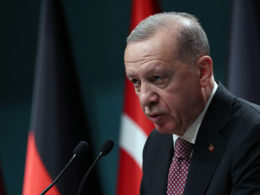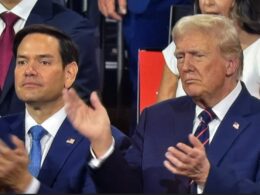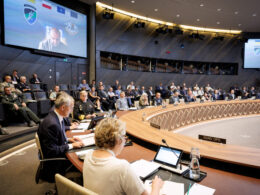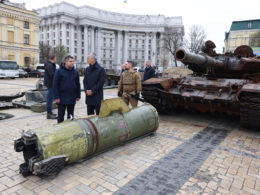Instead of an invitation to NATO membership, expected by Ukraine, the Allies agreed on a three-part package of support. It includes the NATO-Ukraine Council, long-term military assistance and the abolition of the required Membership Action Plan
- A long-term military assistance program to modernize the Ukrainian army and fully adopt NATO standards.
- Abolition of the requirement to fulfill the Membership Action Plan (MAP) for membership to NATO.
“This will change Ukraine's membership path from a two-step process to a one-step process. We have also made it clear that we will extend an invitation to Ukraine to join NATO when the Allies agree and the conditions are met," Stoltenberg added.According to European Pravda, it’s only a formal cancellation of the requirement for Ukraine to fulfill the MAP. Instead, the Alliance has introduced a new stage that will apply only to Ukraine – an adapted Annual National Program (ANP).
“ANP is an analog of the MAP, which was earlier invented for Ukraine to go around the 2008 Bucharest decisions by bureaucratic means,” European Pravda wrote.ANP, as European Pravda explains, is a list of tasks, copying the structure of the MAP. And “The main problem is that the idea of the ANP is to be implemented over a long period of time,” they added. Instead, according to Suspilne, NATO Foreign Ministers will regularly assess the progress through an adapted Annual National Program.
"The Alliance will support Ukraine in implementing these reforms on its path to future membership," the communiqué concludes.
- The last piece of a three-part package of support for Ukraine is the launch of the NATO-Ukraine Council. This Council, according to Jens Stoltenberg, should become a platform for consultations in crisis situations.
“We will meet as equals, and I look forward to the inaugural meeting of the Council with President of Ukraine Volodymyr Zelenskyy tomorrow," Jens Stoltenberg said on 11 July.As per Jens Stoltenberg's explanation of how the NATO-Ukraine Council will operate, individual members couldn’t block decisions of the NATO-Ukraine Council.
“We also say that individual partners can have consultations. For example, if President Zelenskyy wants to have an individual meeting with a representative of a NATO member state, he can do so because we meet at the same level. This creates new conditions in which critical issues can be discussed. In fact, anyone can call and initiate such a meeting,” he added.In addition to this, NATO-Ukraine Council’s privileges include intelligence sharing, investment in the defense industry, and increased interoperability between NATO and Ukrainian armies. This will facilitate adaptation to Euro-Atlantic standards and ensure a smooth transition to membership in the Alliance. Volodymyr Zelenskyy called the NATO-Ukraine Council an instrument of Ukraine's integration into the Alliance.
“It is important for us that the NATO-Ukraine Council will be an instrument of integration, not just partnership. While we are on our way to NATO membership, Ukraine needs effective security guarantees on the way to the Alliance. Such support will give our joint work a much-needed concrete and practical success,” Zelenskyy wrote on Twitter.Read also:
-
Zelenskyy named three priorities for the second day of the NATO summit
-
G7 nations establish Ukraine’s security guarantee framework at Vilnius NATO summit
-
Framework for Ukraine’s security guarantees: main points of G7’s declaration





